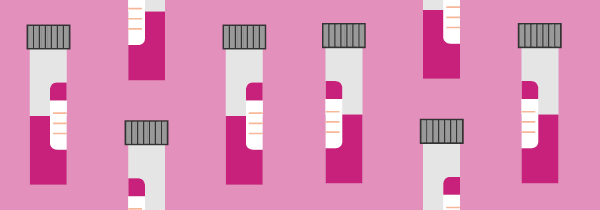Non-Specific Urethritis (NSU)
This is an infection of the water passage(urethra) in men. It causes inflammation within the water passage
What causes NSU?
There are lots of causes not all of them are passed on through having sex. It is often unclear as to the cause. If tests for chlamydia and gonorrhoea are negative a diagnosis of NSU is made. Negative tests do not mean that there wasn't an infection simply that we cannot give a name to it.
Possible causes include:
- Ureaplasma urealyticum
- Mycoplasma genitalium
- Bacteria that live in back passage or throat
- Bacteria that cause urine infections
- Bacterial vaginosis/thrush in a female partner
- Damage to the urethra
- Friction through vigorous sex/masturbation
- Inserting objects into urethra
- Frequently inspecting/squeezing
- Chemical reactions
- Applying liquids like tea tree oil or disinfectant
- Allergy to latex, soaps or spermicide
How can NSU be passed on through sex?
During unprotected sex organisma that cause inflammation can pass into the urethra. It can occur in any man who is sexually active. It can occur within the context of a regular relationship. Not all cases of NSU are caused by sexual contact.
How would I know I have it?
Not all men show any signs or symptoms. If they do occur they usually appear within 4 weeks of being in contact with an infection. You may notice:
- A white or cloudy discharge from water passage opening
- Difficulty, pain or burning passing urine
- The feeling of needing to pass urine frequently
- Itch or irritation at end of water passage
If you are worried or concerned please contact the sexual health service for a check.
What does the test involve?
A swab is taken from the water passage using a small rounded plastic loop. This is not painful but can fell a little uncomfortable. The sample of discharge is placed on a slide and looked at under the microscope. The clinician can tell you right away if there are any signs of inflammation. A urine test is also collected to check for chlamydia and gonorrhoea. If there are any signs of inflammation you will be offered treatment straight away. It is not possible to tell between chlamydia and NSU until the results come back from the lab.
What does the treatment involve?
This will depend on what is found but usually is a single dose of antibiotic. Sometimes a longer course is advised. Any symptoms usually improve within a few days. You should avoid any sexual contact whilst you are on antibiotics and for a week after and until your partner has also completed their treatment.
What about my partner?
Your partner does need treatment and you should avoid any sexual contact until you have both completed your treatment. Please remember that negative tests do not mean that there wasn’t an infection simply that it wasn't either chlamydia or gonorrhoea.
Do I need a repeat check?
If you’re symptoms have settled and you and your partner have completed antibiotics you do not need a repeat test.
How can I avoid getting it again?
Always have safe sex using a condom.
For more information please see:

